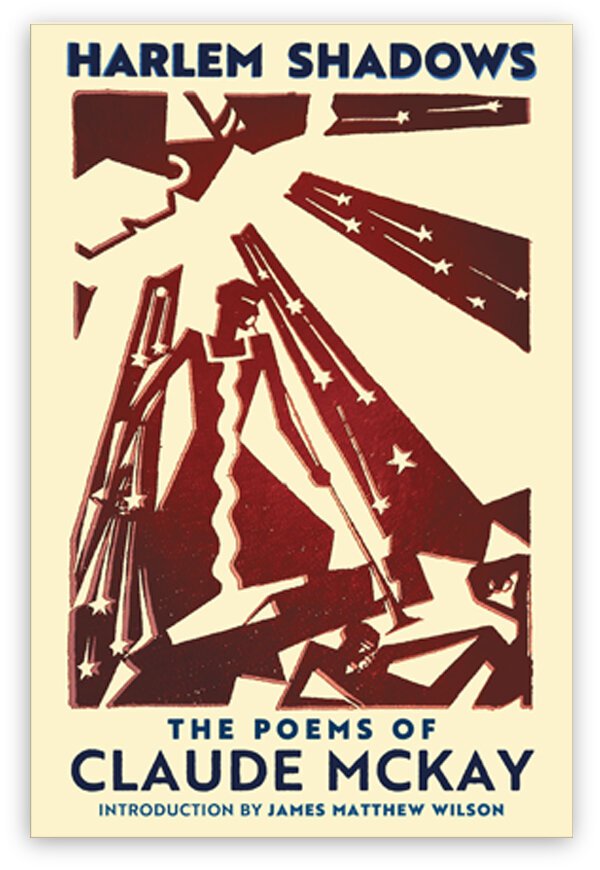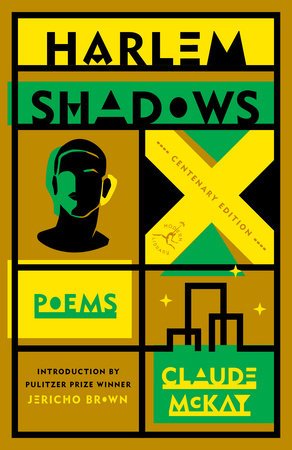Friday Links, February 11, 2022
+ A review of Claude McKay’s Harlem Shadows, on its 100th anniversary.
+ Trevor Cribben Merrill on “lodestars of aesthetic judgement.”
+ Dana Gioia, “Finding Time to Write.”
Claude McKay's Catholic Poetics and Politics
The above-linked article is about Harlem Renaissance poet Jamaican-born Claude McKay’s collection of poems titled Harlem Shadows. The collection was recently republished in honor of its hundredth anniversary by both Angelico Press (with an introduction by James Matthew Wilson) and by Penguin. Katy Carl, Dappled Things editor in chief, writes about Terrence Sweeney’s review at Church Life Journal:
“Very finely done by our own Terence Sweeney. The title of the article is something of a misnomer, as it scarcely skirts ‘politics’ or policy, instead taking an aesthetic-ethical angle toward reality and asking what it might mean to seek the meeting of truth, goodness, and beauty with a robustly understood justice.”
Significantly, James Matthew Wilson’s “Introduction” to the Angelico edition applauds McCay’s deft mastery of the forms of the English poetic tradition in an intellectual milieu that even back then only appreciated “avant-garde artistic experimentation.”
Whatever else it might mean to other readers, Sweeney’s perceptive review is a great introduction for readers like me who have never read McKay’s poetry or heard much about him. It ends with a poem written by McKay twenty years before his conversion to Catholicism, a poem that astonishes me by how movingly it portrays a soul that hears God calling, knows he is enslaved by sin, and begs God to keep him from falling. It may astonish you too.
Three Lessons in Beauty
Tevor Cribben Merrill, author of Minor Indignities, writes on “lodestars of aesthetic judgement” at the Genealogies of Modernity Project. The above-linked essay is recommended by Katy Carl and Liked by DT associate editor Rosemary Callenberg.
"Anyone who has sought to make or comprehend art has probably come across at least a few lessons on beauty—insights that, it seems, can never be exhausted."—Trevor Merrill
Merrill accompanies his observations with quotes from such disparate sources as Milan Kundera, Dietrich von Hildebrand, Fyodor Dostoevsky, Virginia Wolff, Jane Austen, Miguel de Cervantes, and Francois Rabelais, adding his own insights gained while listening to Beethoven’s Piano Sonata 31, Op. 110 while sick in bed—this reinforced with a quote from Kundera, “. . . only among the small masters [petits maîtres] does novelty seek to call attention to itself.” Interesting and enriching easy to read philosophizing.
Dana Gioia: Finding Time to Write - (Part 2)
“How can you find time to write after a long day at work? In this episode poet Dana Gioia discusses ways to organize your time--simply and effectively-- to write in a busy life.”




